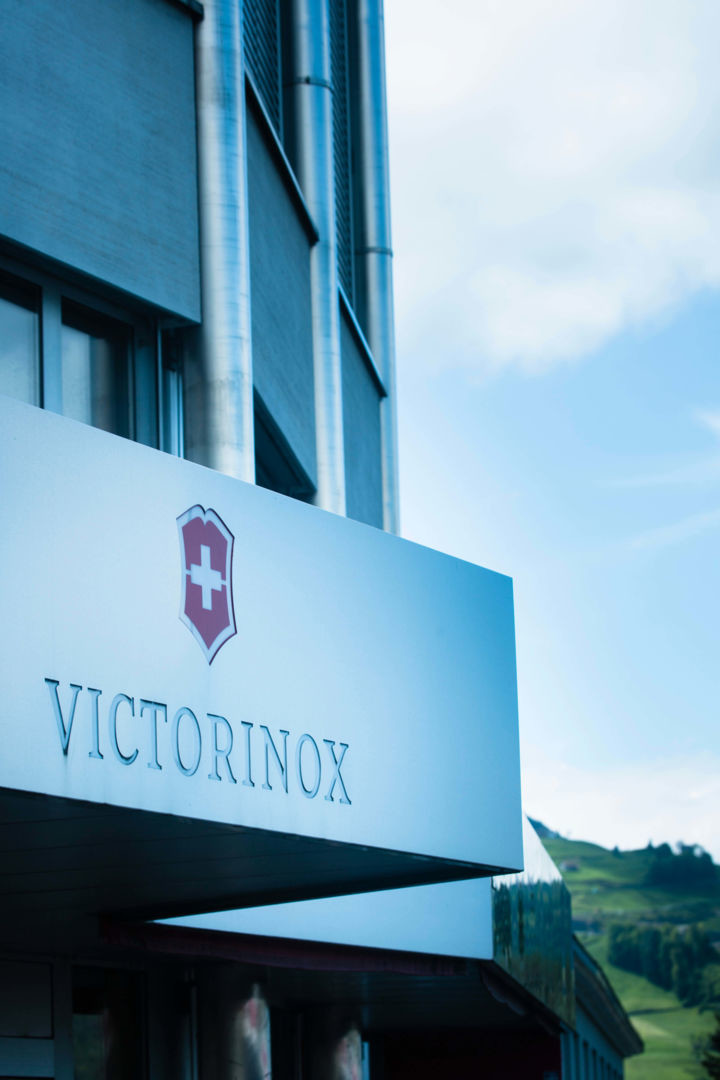
Crises are part of the life cycle of companies. The question is not whether a company gets into a crisis, but when; and how it gets out of the crisis again. How long a company can survive in times of crisis depends to a large extent on the size of its reserves, as the example of the Swiss pocket knife manufacturers Victorinox and Wenger shows.
11 September 2001 went down as the blackest day in the history of the Swiss pocket knife, internationally known as the "Original Swiss Army Knife". The reason: pocket knives were immediately banned from hand luggage after the hijackings and attacks on the World Trade Center and the Pentagon. Because security measures at airports had been massively tightened, many travellers renounced buying the popular souvenir, which had previously often been bought at the airport shortly before departure. As a result, duty-free shops around the globe disappeared as an important distribution channel. Soon, returns from all over the world were piling up in the headquarters of the pocket knife manufacturers. Many dealers no longer saw any sales opportunities for the knives.
The result: almost overnight, sales at the two best-known Swiss knifemakers, Victorinox and Wenger, plummeted by a third.
Due to the resulting collapse in profits, the Wenger employees had to be halved from 280 to 140. Short-time work was imposed on the remaining employees.
Victorinox, Europe's largest knife manufacturer, experienced the same problem, but managed to keep its jobs, even though at that time 70% of its turnover was still generated with pocket knives. How was this possible? How can a company survive such a slump in sales without layoffs?
Victorinox has always been anti-cyclical, saving according to the biblical model in the "fat years" in order to draw on them in the "lean years". In concrete terms, the pocket knife manufacturer sets aside a large part of its profits in the form of reserves instead of using the money to inflate structures and jobs in boom times in the short term. Jobs that would have to be cut again anyway at the slightest economic slump.
Thus also in the aftermath of 9/11. Through skilful diversification, Victorinox set itself up for the future. With new business areas and other pillars such as the production of luggage and watches.
On the other hand, overtime was cut off and staff were deployed internally in other departments. At the worst time, the staff took one week of holiday in advance of the next year. The HR manager even temporarily hired out staff to other companies that were not affected by the crisis and had large orders to deal with. No one was dismissed.
With the available reserves, the company immediately invested in advertising and opening up new markets in Asia and South America. The strategy worked. Thanks to diversification into new product groups, the slump in the knife business was more than compensated. The company nearly doubled its turnover in the following years.
Since then, Victorinox's job-securing corporate goal has been set in stone for ever and ever. Namely with the establishment of the Victorinox Foundation, which holds 90% of the share capital of Victorinox AG. The foundation model is designed to ensure that the company never runs into difficulties due to excessive dividend outflows to shareholders or inheritance disputes. The main objective is to ensure that generous reserves can be built up in the future and that redundancies for economic reasons can be avoided.
For the knife manufacturer Wenger, on the other hand, the 9/11 crisis meant the end in the medium term. In 2005, insolvency threatened and the company was put up for sale. To prevent a takeover by foreign investors, Victorinox took over Wenger's knife division along with all its employees. This unplanned acquisition was also possible mainly thanks to the use of reserves.
Reserves are also vital for Georgian SMEs. With the training and coaching offered by the Swiss Foundation "Busineness Professionals Network", you can learn how to correctly assess, manage and hedge entrepreneurial risks with reserves.





